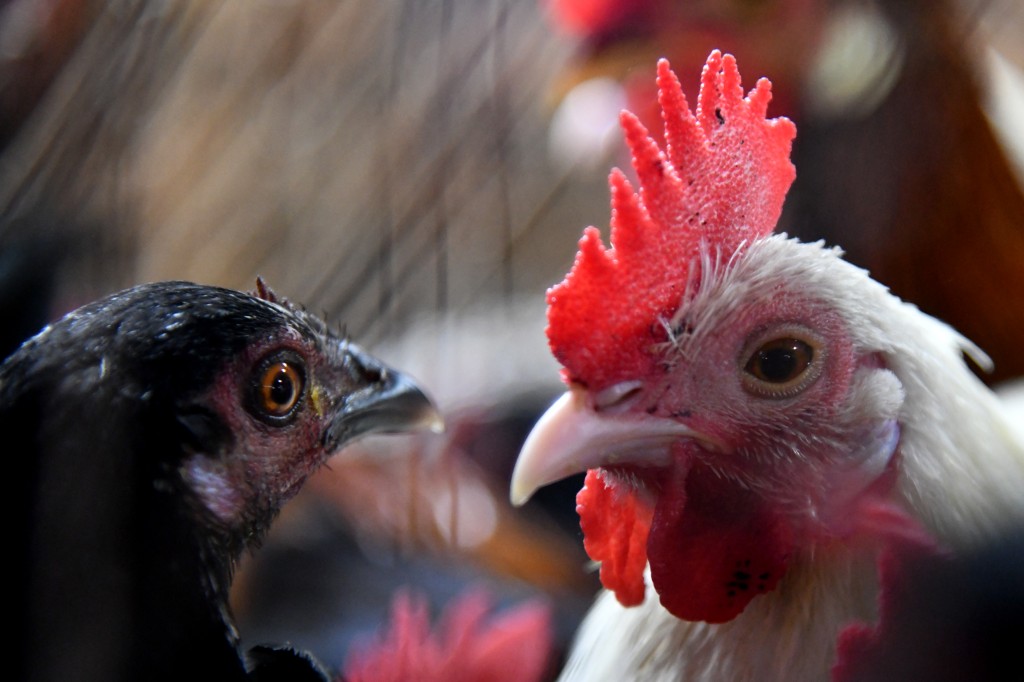São Paulo – The impact of the detection of the Newcastle virus on Brazilian chicken exports is expected to be limited to 50,000-60,000 tonnes in the worst-case scenario, just around 15% of Brazil’s exports, meat lobby ABPA said on Friday (19) in a press conference alongside ASGAV, a group representing Rio Grande do Sul poultry processors and farmers.
Importers hadn’t yet banned Brazilian chicken, but Brazil’s agriculture ministry voluntarily halted exports, as per sanitary requirements agreed upon with each market.
According to ABPA president Ricardo Santin, Brazil produces 1.2 million tonnes of chicken per month, of which 430,000 are exported. Purchases from all countries whose exports to are halted or could be banned would account to approximately 15% of exports. Industry representatives, though, don’t believe in this worst-case scenario, as the volume could be redirected to other countries or purchases resumed quickly after clarifications are provided.
The self-imposed embargo includes all Brazil’s exports to Argentina, China, and the European Union. A self-imposed embargo was also triggered on the Rio Grande do Sul’s production to Sout Africa, Albania, Saudi Arabia, Bolivia, Kazakhstan, Chile, Cuba, Egypt, Philippines, Georgia, Hong Kong, India, Jordan, Kosovo, Macedonia, Mexico, Myanmar, Montenegro, Paraguay, Peru, French Polynesia, United Kingdom, Dominican Republic, Siri Lanka, Thailand, Taiwan, Ukraine, Eurasian Economic Union, Uruguay, Vanuatu, and Vietnam.
Other markets won’t receive chicken and chicken products from the radius where the disease was detected: South Africa, Bolivia, Canada, South Korea, Cuba, Philippines, Israel, Japan, Morocco, Mauritius, Namibia, Pakistan, United Kingdom, Tajikistan, and East Timor.
The self-imposed embargoes range from products such as poultry, eggs, and egg products, so some countries appear on both the state and farm neighborhood lists.
The government kept the clearance for thermos-processed poultry product exports to Argentina, South Africa, and Chile.
Brazil’s Newcastle case
The agriculture ministry declared a health emergency in southernmost state Rio Grande do Sul because of this, thus allowing a timelier epidemiological surveillance. The Newcastle disease contingency plan sets out actions such as the sacrifice or slaughter of all birds where the outbreak was confirmed, which has already occurred, as well as the cleaning and disinfecting of the place, and other biosecurity, protection and surveillance measures.
The positive diagnoses for Newcastle disease occurred in the municipality of Anta Gorda. Ricardo Santin explained the finding was in laboratory, as no birds presented clinical signs of the disease, and the regular procedure recommended by the World Health Organization was applied.
Read more:
Average poultry exports from Brazil grow
Translated by Guilherme Miranda




